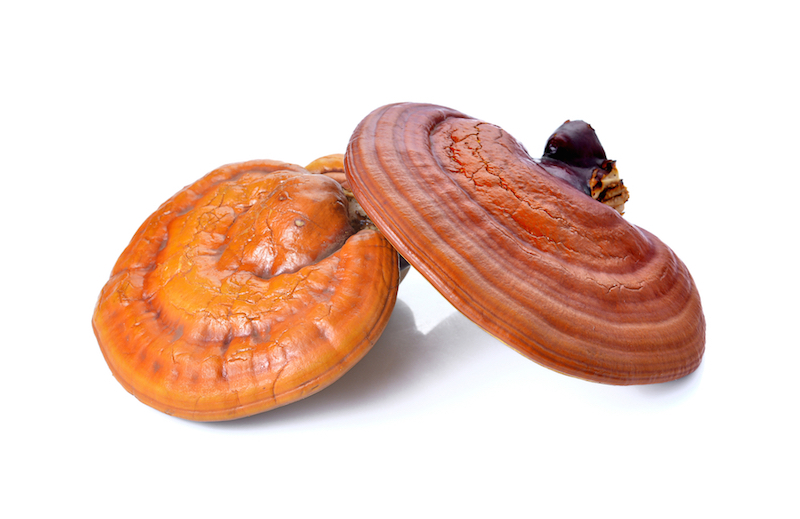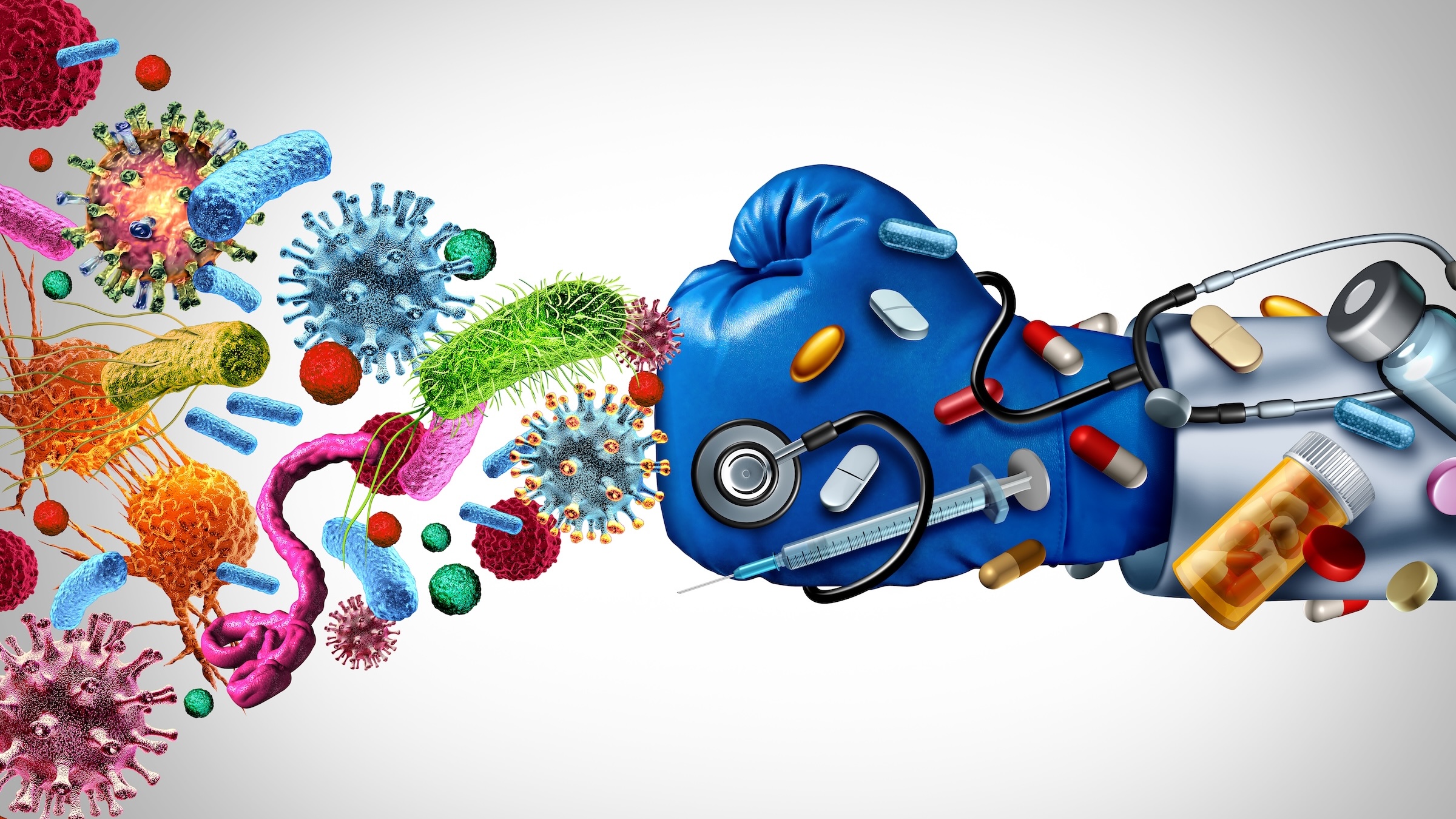Mushroom Extract May Help Treat Obesity, But It's No Magic Cure

A mushroom used in traditional Chinese medicine may help treat obesity by altering the composition of bacteria in the gut, according to a new study done in mice.
In the study, researchers found that mice that were fed a high-fat diet along with an extract made from the mushroom — called Ganoderma lucidum, or "Lingzhi" — for two months gained less weight than mice that were fed the same diet but were not given the extract.
"Given the good safety records of Lingzhi, and the fact that it is similar in composition to other mushrooms that we consume regularly, Lingzhi may be considered by the general population as a convenient strategy to lose weight, along with other known approaches, such as calorie restriction, regular exercise and a healthy lifestyle," said study co-author John D. Young, of Chang Gung University in Taiwan.
But Dr. Monica Aggarwal, a cardiologist and diet expert at Mercy Medical Center in Baltimore, said it is too early to tell whether the mushroom will work in humans the same as it works in mice. "I think it is interesting; I think that there are some possibilities, Aggarwal said. "But you can't say that just because it works for the mouse, it is going to work for sure in a human." [7 Diet Tricks That Really Work]
The researchers also found that the molecules that they isolated from the mushroom altered the composition of gut bacteria in the mice that were fed a high-fat diet. After consuming the extract, the mice's community of gut bacteria resembled that of lean mice in the study that were fed their normal diet, rather than the gut bacteria of the mice fed the high-fat diet but no extract.
"The major part of the anti-obesity effects of Lingzhi appears to be due to this modulating effect on the composition of the gut microbiota," study co-author Hsin-Chih Lai, also of Chang Gung University, told Live Science.
Previous research in mice has shown that changes in the composition of gut bacteria may be related to the development of obesity and metabolic disorders, the researchers said.
Get the world’s most fascinating discoveries delivered straight to your inbox.
Moreover, when the researchers in the new study took gut bacteria from the feces of the mice that had consumed the mushroom extract, and transplanted those bacteria into the guts of obese mice that had not been treated with the extract, they found that the composition of their bacteria changed to a more beneficial one.
Still, Aggarwal said she is skeptical of studies like this one that focus on finding a "magic pill" for reversing obesity. She pointed out that the concept behind the new study seems to be, "Let's feed everybody a high-fat diet, and then we will see if we can reverse the problem by giving them a magic pill."
"Why don't we step back and fix the diet?" Aggarwal said.
Although many people may be on the lookout for a quick fix for obesity, "there is no magic pill," she said. "No matter what you do, you have to change the diet."
The new study was published today (June 23) in the journal Nature Communications.
Follow Agata Blaszczak-Boxe on Twitter. Follow Live Science @livescience, Facebook & Google+. Originally published on Live Science.
 Live Science Plus
Live Science Plus





